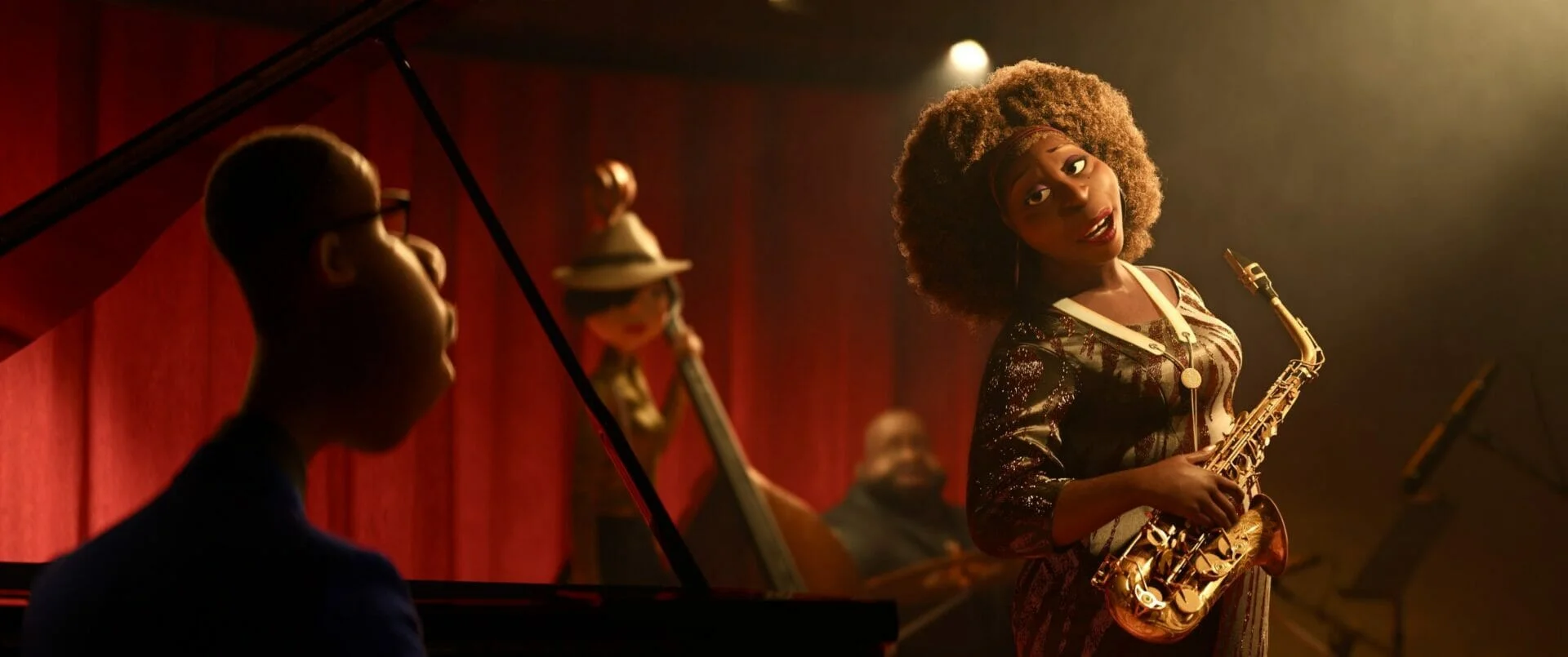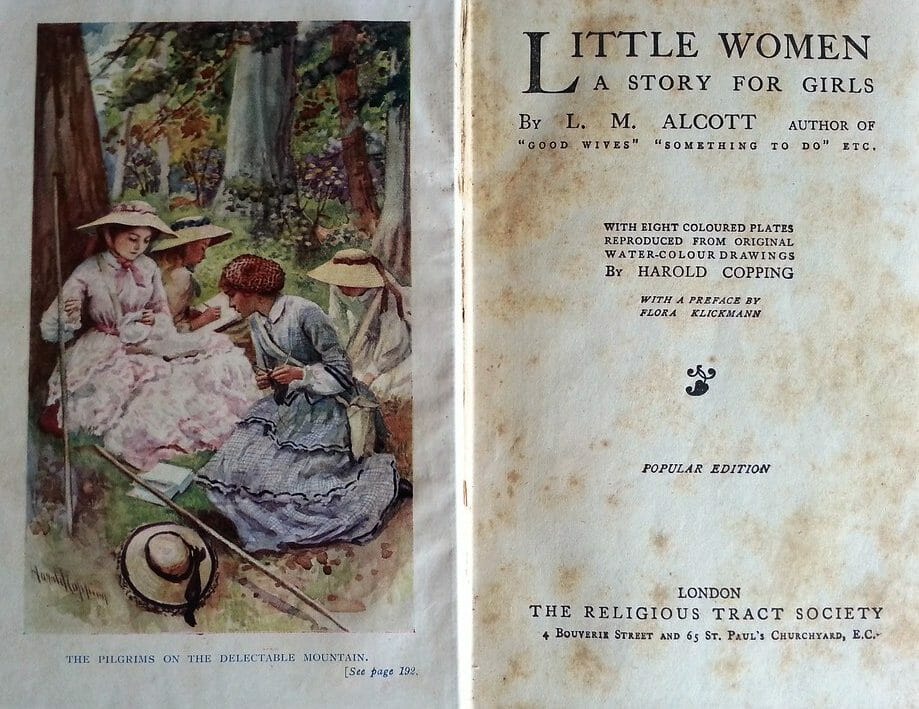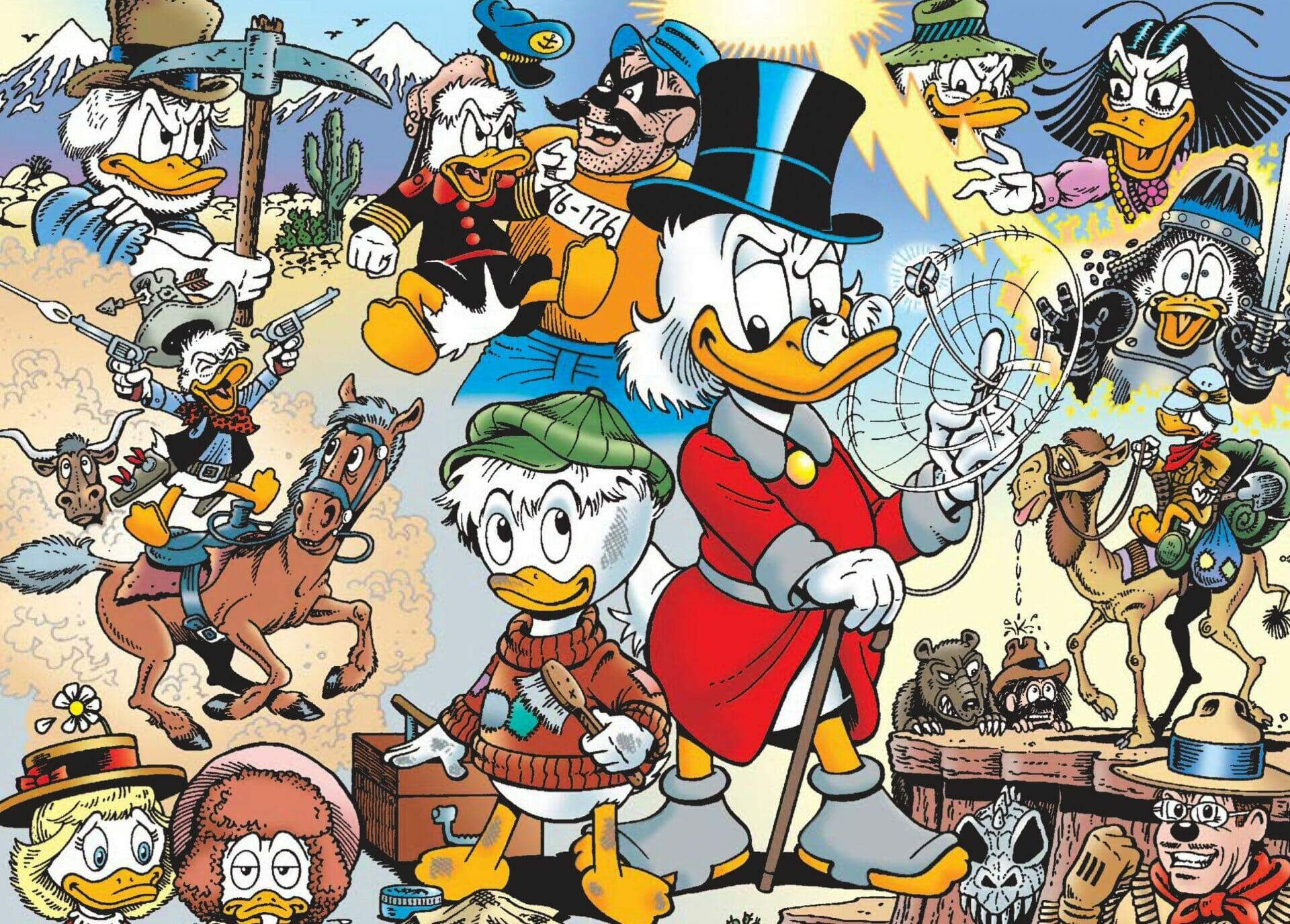
The Life and Times of Scrooge McDuck | The American Dream
Author
Year
Format
By
The Life and Times of Scrooge McDuck is a series of twelve stories featuring Scrooge McDuck, the famous uncle of Donald Duck. It bears strong reference to Daniel Defoe‘s The Life and Strange Adventures of Robinson Crusoe, and is all about Scrooge, from the years 1877 to 1947, which was when he made his first appearance in print. The author writes about his entire life, reconnecting and expanding fragments and memories from the stories of his seemingly timeless nephew Donald.
Written and drawn by Don Rosa, it was published for the first time in Denmark by Egmont Publishing from 1992 to 1994. It then arrived in the United States in the latter year, published by Gladstone Publishing. In 1995, Don Rosa received the Will Eisner Award for Best Serialized Story.
Not just ducks
In The Life and Time of Scrooge McDuck Rosa tells not just the story of Scrooge, but the story of America too. Scrooge comes from Scotland, and he emigrates to the United States to make his fortune. As he seeks glory in the very years in which the country was emerging as a global power, Scrooge becomes the embodiment of the American dream. The growing affluence of Scrooge goes hand in hand with the growth of America’s power and wealth. Rosa saw in him the opportunity to tell this story, even if it was a children’s comic with anthropomorphic animals.
It was very clear to me that these were human beings. They pay taxes, have a job, wear clothes. They have human emotions and are more or less like the characters you saw in the movies in television. It never occurred to me that they were ducks.
(Don Rosa in an interview with the Italian blog Ventenni Paperoni)
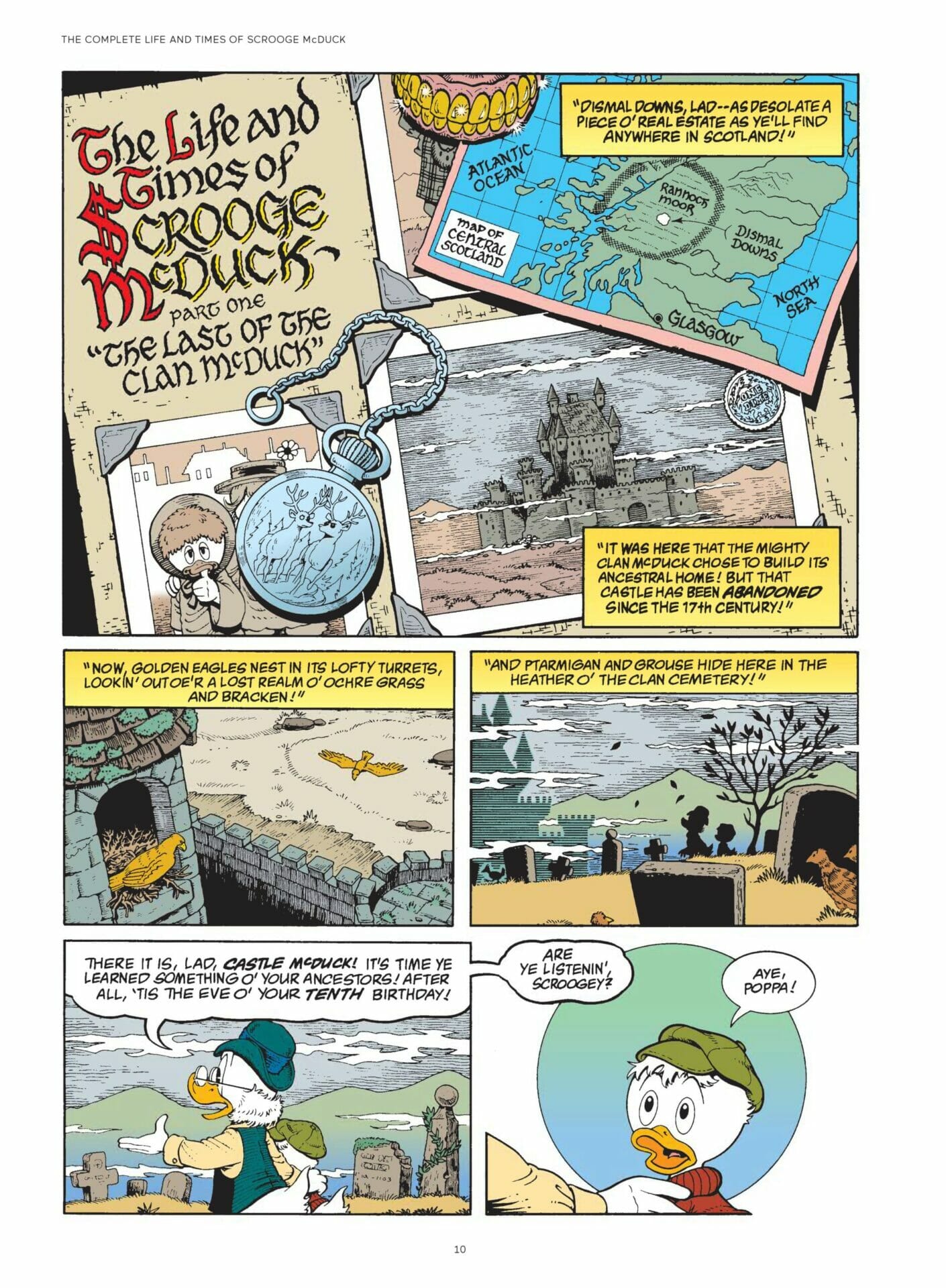
Moving through America’s past, Don Rosa has Scrooge meet people like Jack London, Buffalo Bill, or even Theodore Roosevelt and Nicholas II of Russia. The author mixes historical events with the fictitious ones related to the protagonist, making Scrooge part of the USA’s history. However, as he never plays a crucial role, Don Rosa never runs the risk of testing the reader’s suspension of disbelief.
Carl Barks, Scrooge’s real father
I hope you enjoy this, my ultimate life tribute to the greatest storyteller of the 20th century, Carl Barks.
(Don Rosa)
Carl Barks was a well-known cartoonist, and he has even been compared to Mark Twain, although he was much less well-known. For Disney, he worked almost exclusively on Donald Duck stories, but then focused on his own creation, Uncle Scrooge.
Don Rosa studied Barks’ work meticulously, trying to give continuity to each adventure mentioned in his stories. Don Rosa noted down every occasion and place Scrooge mentioned in previous stories, trying to make the chronology of the events work. Thus was born The Life and Times. Obviously, Don Rosa himself had to change something, to maintain a certain narrative coherence.
[…] even in Barks’ last stories of the early 70s, Scrooge was a villain, destroying the environment and things like that. But when I found out that I was going to be actually regularly creating stories with this character, I had to twist him in a way like you would like the guy, so I really didn’t have to twist him, just sort of replace him with the version that Barks rebooted 1952 and make it more sympathetic, less greedy and more adventurous character.
(Don Rosa in an interview with the Italian blog Ventenni Paperoni)
Although the character and the reference stories are predominantly Barksian, The Life and Times is steeped in Rosa’s personal style. The author is, in fact, a great lover of details and facial expressions. From the twenty shades of anger on Scrooge’s face to the tile detail of a Scottish castle, Don Rosa’s attention to detail is his distinguishing mark.
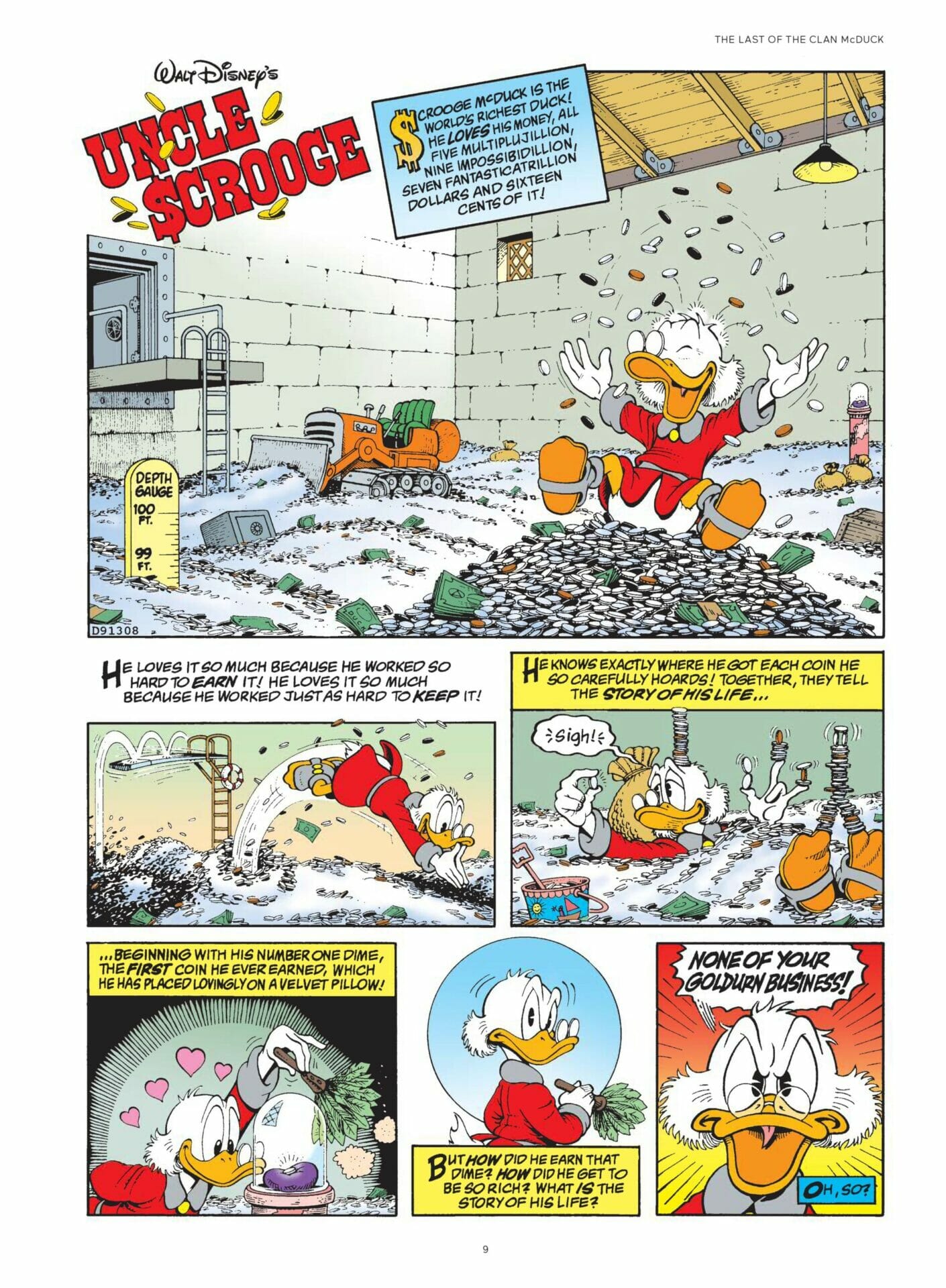
The American Dream
The Life and Times of Scrooge McDuck begins in Scotland. The McDuck Clan was a once aristocratic family, but now was in decline and with little wealth to live in dignity. So even Scrooge, at the time only ten years old, started working as a shoeshine boy. This is when he earned his first American dime, which became a symbol of prosperity in the character’s comics history.
As it was a useless currency in his country, for the young Scrooge it symbolized the fact that everyone in the world is always trying to cheat you. Therefore you have to be smarter than others, without letting anyone put you down. Don’t trust anyone, just work hard. Only in this way you will achieve success. And this is a way of life that the young Scrooge adopts from that moment on, both in Glasgow and around the world, wherever his adventures take him.
Once he arrives in America, he truly realizes that scams are always around the corner. Nevertheless, this is an occasion for Scrooge to understand that life can be harsh, but until you are free you always have new opportunities, you just need to know how to seize them. His story is a hymn to hope.
The metaphor of capitalism
Scrooge McDuck, as the name suggests, is based on Charles Dickens‘ Ebenezer Scrooge, the main character of the short novel A Christmas Carol. Just like Ebenezer, Scrooge is a capitalist who reflects the philosophy of his time: you can get rich through hard work.
However, when the capitalist philosophy is pushed to the extreme, society may be richer and more comfortable, but moral issues inevitably arise. As shown by Scrooge himself, when he starts seeking wealth not so much to get out of poverty but as an end in itself, he becomes stingy, gruff, and cruel. Mocked by the only family members left to him, he remains alone.
The dream itself, then, when uncontrolled, does nothing but harden people, eliminating empathy in the name of increasing profit. Eventually, even Scrooge asks himself if it’s worth being the richest in the world.
“No, Scrooge McDuck once had everything! Now all he has is money and all that money can buy! Sigh!”
(Matilda McDuck in The Life and Times of Scrooge McDuck)
It is no coincidence, therefore, that in The Life and Times the story of Scrooge McDuck is set in America, and not in invented cities like Duckburg or Mouseton. Don Rosa seems to say that, if America – like any other nation – truly risks becoming like rich Scrooge, perhaps it can also learn to change course before it’s too late. Even while remaining capitalist and keeping his deposit full of coins on the top of the hill.
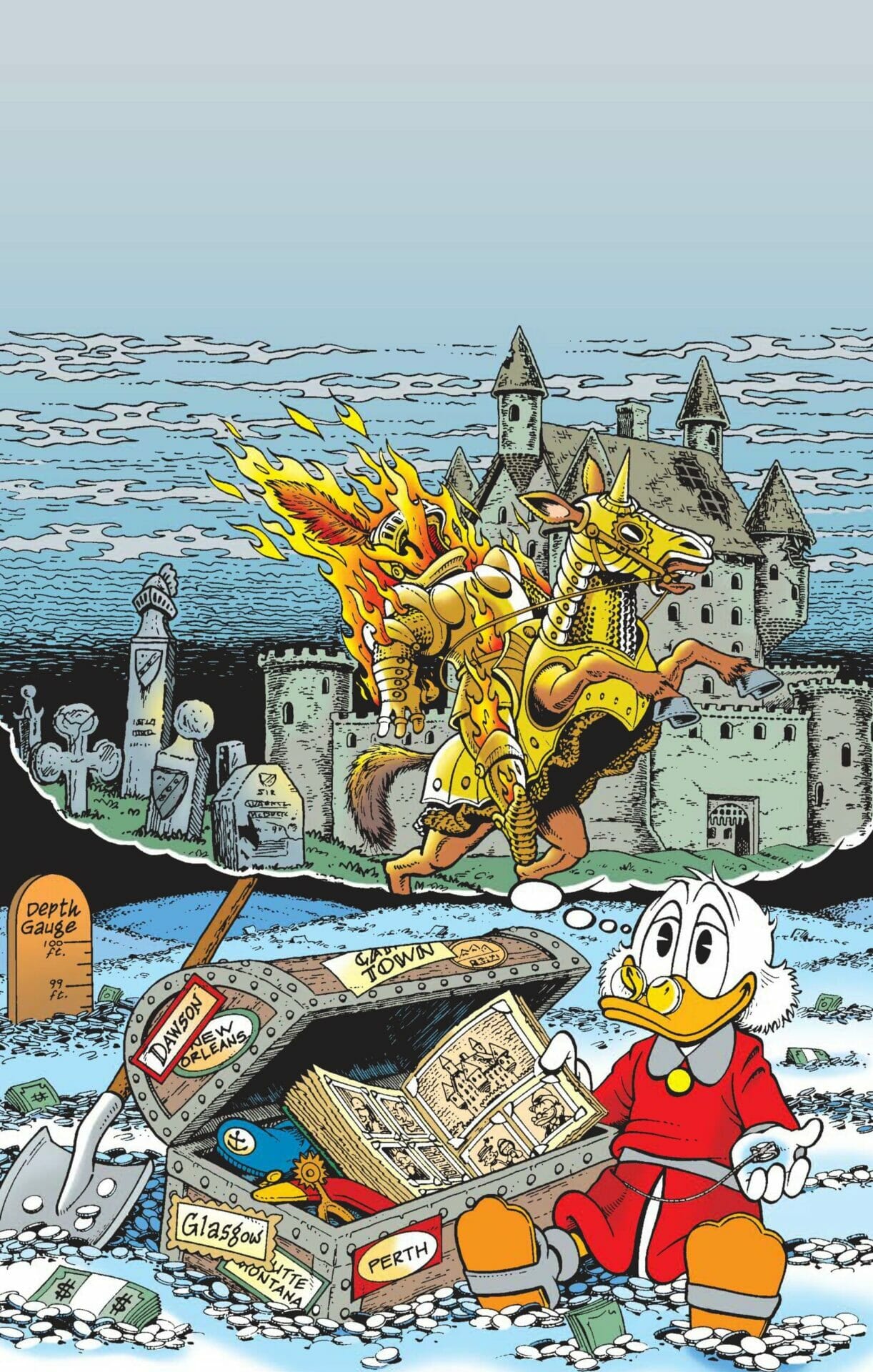
Tag
Buy a ☕ for Hypercritic





